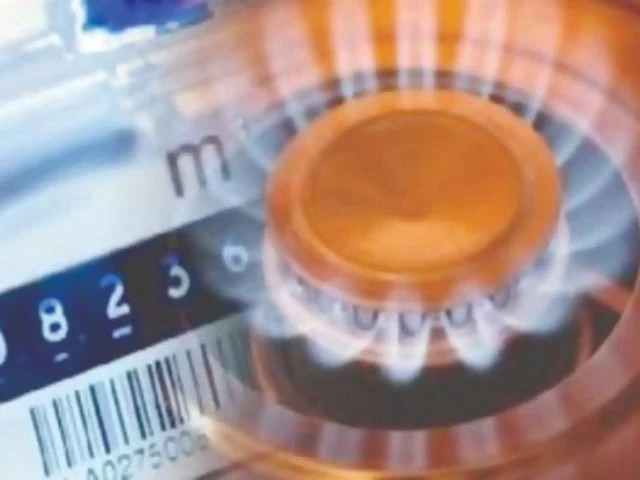Govt rejects lower gas tariff plea
Makes decision while reviewing case seeking tariff relief for export-focused sectors

The government has decided against granting a concessionary gas tariff to the zero-rated and export-oriented sectors. It made the decision while considering litigation pertaining to tariff reduction for such industries.
In a recent meeting of the Economic Coordination Committee (ECC), it was observed that concessionary gas tariffs had already been exhausted in 2023 and considering those tariffs for zero-rated and export-oriented industries at the current stage may open the floodgates to similar cases. The ECC noted the position and directed the Commerce Division to pursue the case expeditiously in consultation with the Attorney General office.
The Ministry of Commerce briefed the meeting that in 2019 Ghani Glass filed a writ petition in the Lahore High Court, praying that the concessionary gas/re-gasified liquefied natural gas (RLNG) tariff, fixed at Rs600 per million British thermal units (mmBtu) and granted to the zero-rated/export-oriented sectors, may be extended to the petitioner as well.
The Petroleum Division, Oil and Gas Regulatory Authority, Sui Northern Gas Pipelines Limited (SNGPL) and the Federal Board of Revenue (FBR) were listed as respondents in the petition. However, the Ministry of Finance and the Ministry of Commerce were not impleaded as parties in the case until April 7, 2025.
The court directed that the Ministry of Finance, in coordination with the Ministry of Commerce and other relevant stakeholders, within 60 days, place the case of Ghani Glass before the ECC for developing a rational policy to ensure that only the export-oriented industries receive all concessions, rather than allowing sector-based classifications that permit non-exporting industries to take benefit unfairly.
The ECC was directed to consider, within 60 days, the petitioner's request for the grant of tariff concession in respect of Sui gas/RLNG, with specific reference to discrimination by excluding glass from the export-oriented sectors.
The relevant authority was also directed to examine the application of lower tariff to the petitioner from the date of filing the case (ie, 2015) until the period the benefit was extended to the zero-rated/export-oriented industries.
The court directed that the ECC should take into consideration the potential of the glass industry to increase its export share and earn maximum foreign exchange. Furthermore, the forum should examine whether it was feasible to charge any export-focused industry higher prices compared to rates prevalent in other countries.
The Commerce Division stated that the FBR, vide Statutory Regulatory Order (SRO) 1125(I)/2011, had granted zero-rated sales tax status to major sectors such as textile, carpet, leather goods, sports goods and surgical instruments. In 2018, the Petroleum Division extended the concessionary RLNG tariff of Rs600 per mmBtu to exporters of the same zero-rated sectors.
Following the withdrawal of SRO 1125 through the Finance Bill 2019, an administrative gap emerged regarding the continuation of reduced gas tariffs. Consequently, the Ministry of Commerce declared the erstwhile zero-rated sectors as "export-oriented sectors" in December 2019. Accordingly, the tariff concession remained in place until 2023 and after that it was discontinued.
The Commerce Division argued that the concession had been offered to those sectors that had a significant share in Pakistan's total exports in 2011, whereas the glass industry's annual exports of $15.9 million at that time were negligible.
On the advice of the Ministry of Law and Justice, the Ministry of Commerce filed a Civil Petition for Leave to Appeal on June 12, 2025 in the Supreme Court, challenging the ruling of the Lahore High Court.
Keeping that situation in view, the Commerce Division told the ECC that the demand of Ghani Glass for tariff concession was untenable and may not be entertained. It sought the ECC's approval for the proposal.
The ECC considered the Ministry of Commerce's summary, "Implementation of Decision of the Lahore High Court in Writ Petition No 61559 of 2019 titled Ghani Glass versus Federation of Pakistan", and noted the position presented therein. It directed that the Ministry of Commerce may approach the Attorney General office.






















COMMENTS
Comments are moderated and generally will be posted if they are on-topic and not abusive.
For more information, please see our Comments FAQ